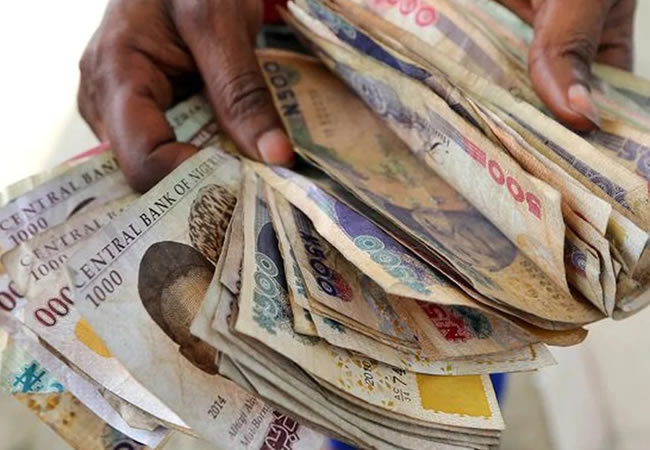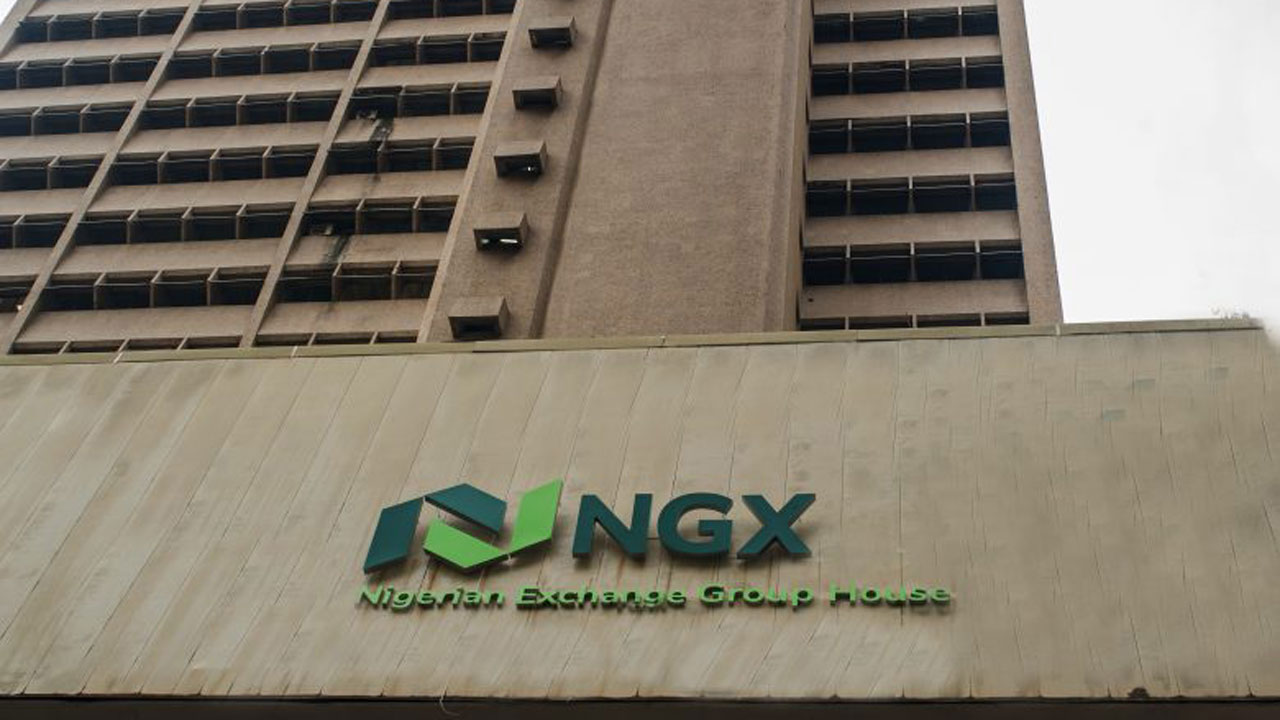Unrestrained demand for foreign currency outpaced the Nigerian naira’s purchasing power, which was struggling to hold onto its value following a 40% decline in the foreign exchange market this year.
Despite Nigeria’s increasing external reserves, the naira failed to rebalance throughout the foreign exchange market. The local currency lost 0.25 percent of its value in relation to the US dollar, closing at ₦1,508.99 per US dollar, according to FX spot rate data from the FMDQ platform.
Despite the country’s foreign reserves receiving consecutive inflows of US dollars, exchange rates have persisted in deteriorating. By the end of June 2024, Nigeria’s gross external reserves had increased to around $34.2 billion.
Analysts said due to the Central Bank of Nigeria’s (CBN) willing seller and willing buyer FX model, the exchange rate gap has closed significantly in the year.
The apex bank has left the market to determine spot rates without influencing the supply or demand side. This caused the naira to lose 40% of its market value in the first half of the year. The CBN has, however, maintained that the authority has no intention to defend the local currency in the official window.
On the parallel market, the naira closed at N1,505 per US dollar as invisible FX demand continues to outpace volume availability amidst halted subsidised FX sales to currency traders in the informal market.
In the global commodity market, crude oil prices recorded increases due to a tight supply outlook and a weak US dollar. Brent crude rose by 0.32% to $85.28 per barrel, and WTI crude advanced by 0.35% to reach $81.83 per barrel.













